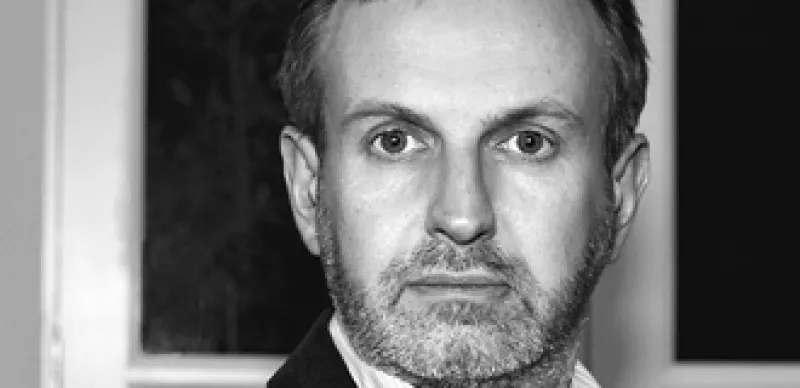
Demand for Emerging Hedge Fund Managers Remains Slim
For emerging hedge fund managers, seeding and other investment is thin on the ground as investors prefer well-established shops.
Christopher Alessi
February 8, 2011


